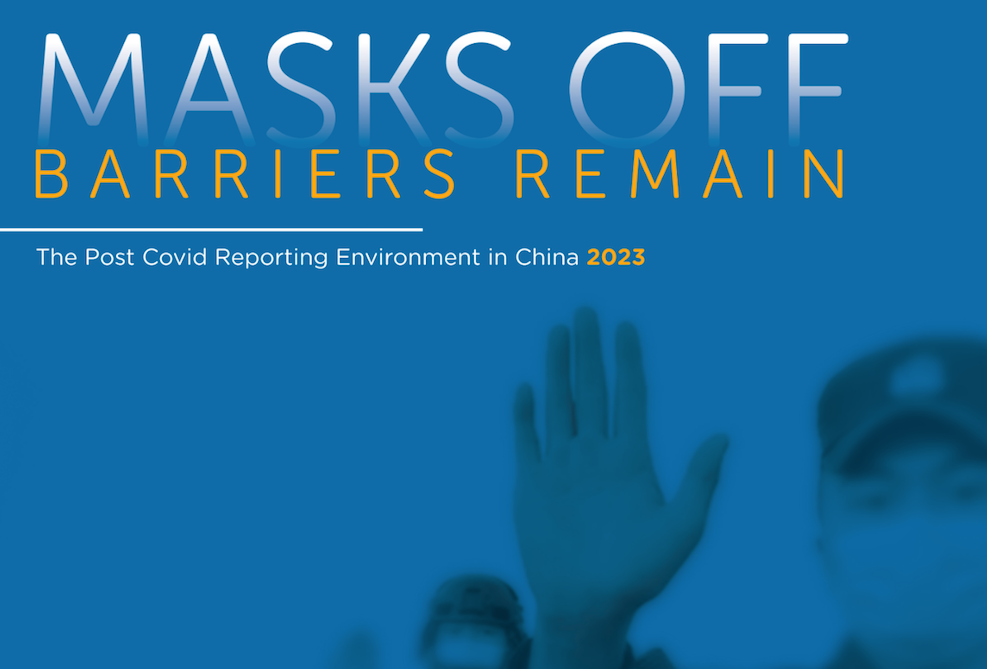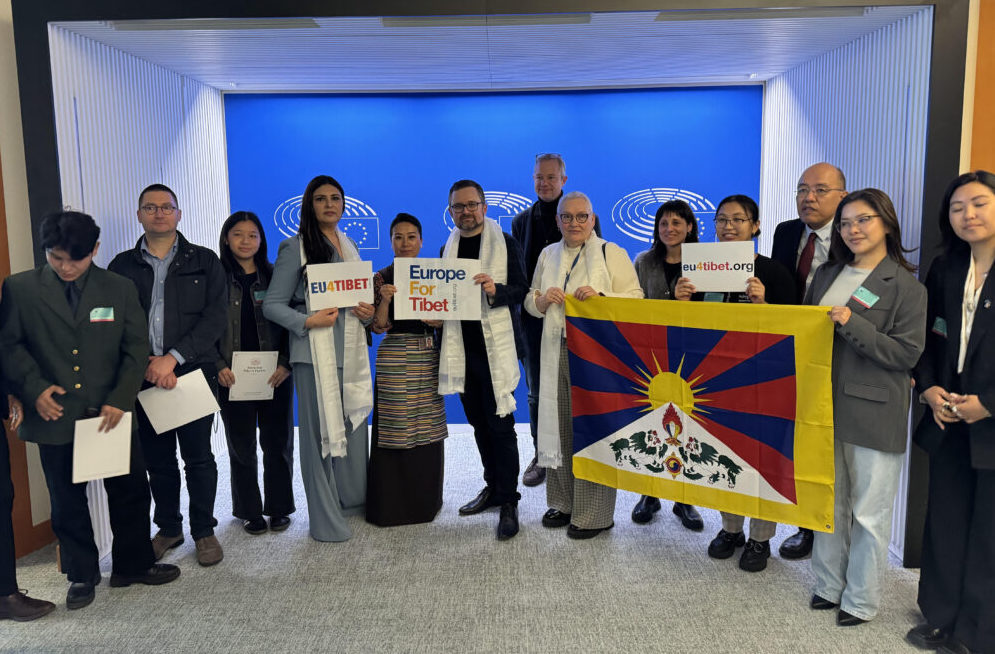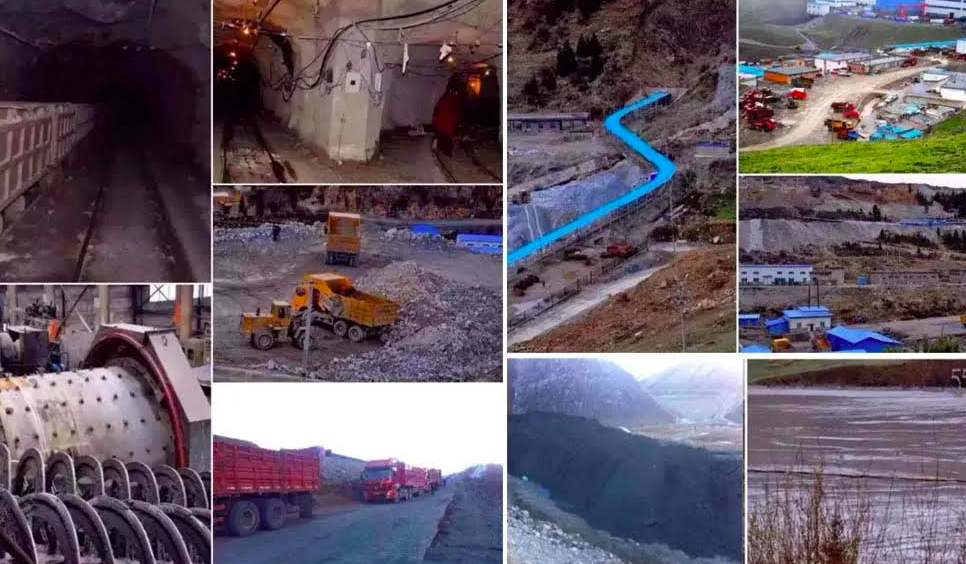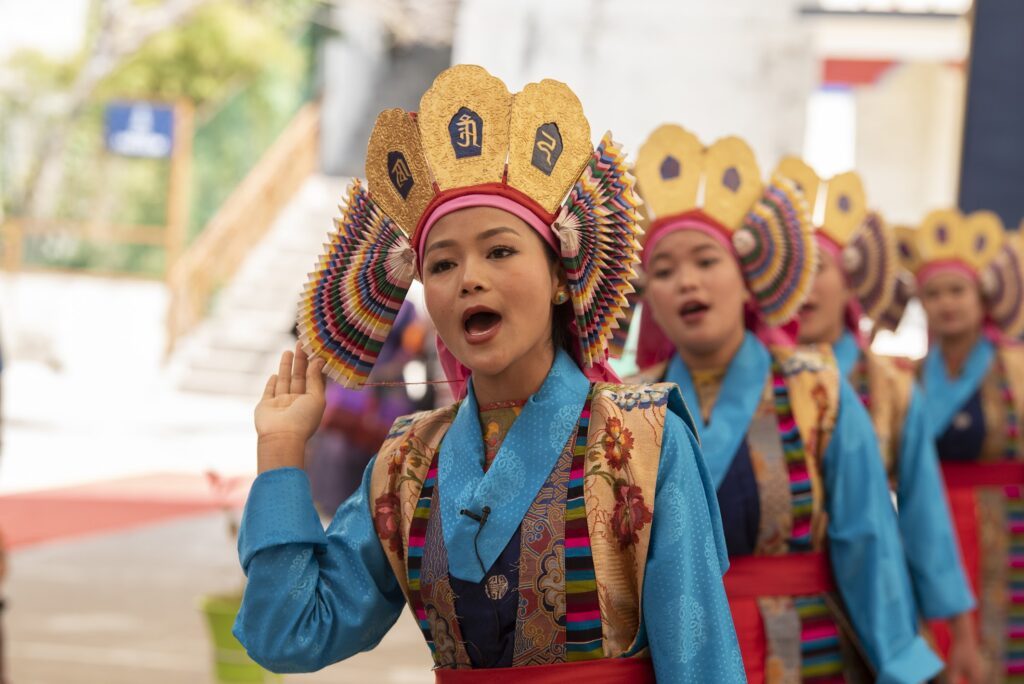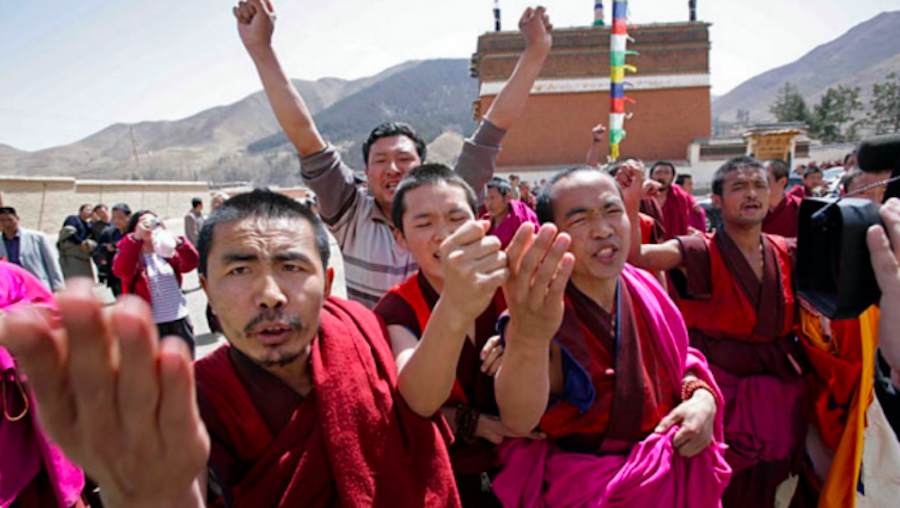 DHARAMSHALA, April 25: On his current visit to North America, the Tibetan spiritual leader His Holiness the Dalai Lama on Sunday addressed a gathering of over 100 Chinese students and scholars from colleges and universities throughout Minnesota in the city of Rochester.
DHARAMSHALA, April 25: On his current visit to North America, the Tibetan spiritual leader His Holiness the Dalai Lama on Sunday addressed a gathering of over 100 Chinese students and scholars from colleges and universities throughout Minnesota in the city of Rochester.
In a private forum-style event entitled “Responsibility of the New Generation,” sponsored by the Tibetan American Foundation of Minnesota, the exiled Tibetan leader discussed a wide range of topics from rising western interest in traditional Tibetan medicine to his experiences dealing with Chinese leadership over the years.
According to the event’s organisers, the goal was to promote common ground and identify the shared aspirations of the younger generation of Tibetans and Chinese through peaceful dialogue.
The event began with a speech by the Dalai Lama, followed by a question and answer session, and a closing discussion with Ngapa Tsegyam, Secretary to the Dalai Lama, and Kunga Tashi, Chinese Liaison Officer at the Office of Tibet in New York. The students were free to ask whatever questions they had and were encouraged to shape the direction of the dialogue according to their interests.
In his speech, the Dalai Lama expressed his frustration with the Chinese government’s current policies on Tibet while declaring his optimism in the Chinese younger generation. He described the need for China to reform its political system if it truly wants to achieve “superpower” status, while urging transparency and deeming censorship “immoral.”
“If China opens up its society and becomes more democratic, it will get more respect from the world,” the Dalai Lama told the students.
Responding to a question on the recent ouster of controversial Chongqing party chief Bo Xilai, the Tibetan leader said it was a “sign of hope.”
In another response, His Holiness conveyed his sadness over the ongoing wave of self-immolations in Tibet and urged China’s leaders to conduct a “thorough investigation” into the causes of these developments.
He also expressed his frustration with the Chinese government’s heavy-handed policy towards Tibet since the 2008 uprisings in Tibet. While challenging China’s claims that he incited the uprisings, the Dalai Lama pointed out that the leadership in Beijing often used him as a scapegoat in times of crisis.
“We must approach the Tibet issue with a realistic policy,” the Dalai Lama said. “Only then we can develop genuine harmony.”
Last year, the University of Minnesota hosted the first of such dialogue in the state with the Dalai Lama.
Relations between China and Minnesota have grown considerably through sister-city relationships, academic partnerships, business links, and cultural ties. As China-US relations steadily advance, a greater number of international students choose to study abroad in places like Minnesota. The University has the largest Chinese student body in North America.
Based on a report submitted by Tenzin Pelkyi.





